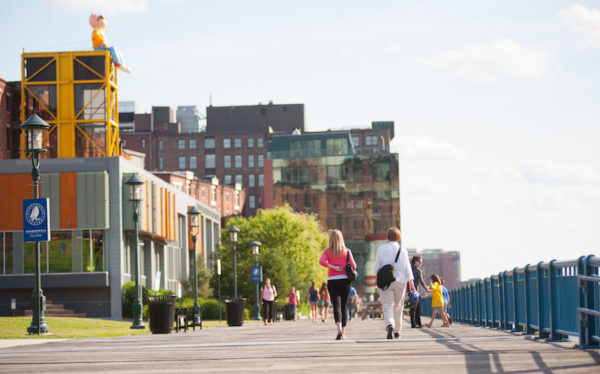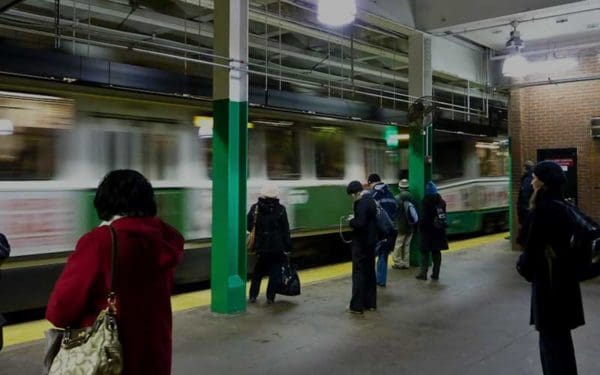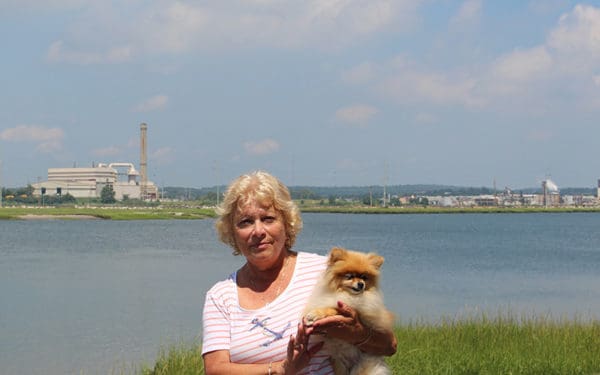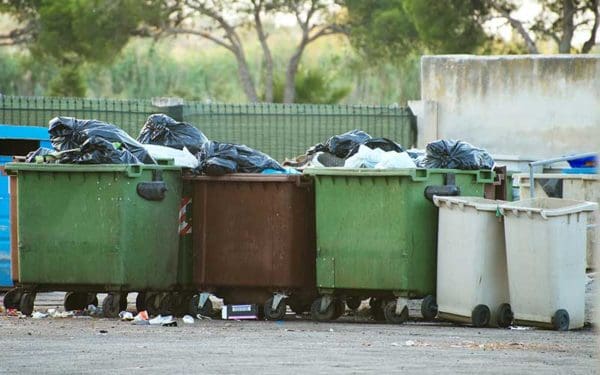Dec 20, 2017
There’s a consensus that self-driving cars are on the cusp of bringing about a transportation revolution that will address many environmental and societal challenges. However, it relies on a few critical assumptions about our future that are not guaranteed. The self-driving car industry paints a picture of blissful commutes, less pollution, and fewer accidents. But… Continue reading Bad Policy Could Crash the Achievements of Self-Driving Cars
Dec 15, 2017
“This is quite possibly the worst decision ever made on who has access to our public tidelands and waterfront,” said CLF senior counsel Peter Shelley. “And it now sets a precedent for even worse privatization of public tidelands in the future. It comes at a time when the public is justifiably upset that wealthy developers and luxury condominiums are walling off Boston Harbor from the people who paid to clean it up and make it attractive in the first place — the people of Massachusetts.”
Dec 12, 2017
A country’s tax policy is about a lot more than expenses and revenues. It’s a value statement about who we are as a nation. And as both houses of Congress go through the process of reconciling their tax bills, the statement being made is disturbingly clear. This bill says we value dirty, outdated fossil fuels… Continue reading Congressional Tax Bill a Direct Attack on Environment and Economy
Nov 29, 2017
… The Massachusetts-based Conservation Law Foundation, in its own statement, praised the ordinance while shifting attention to the noticeable silence on the matter that has come from the Mayor’s Office in recent days. “We are optimistic that Mayor Walsh will follow the lead of 59 other Massachusetts cities and towns,” the statement noted, “and sign… Continue reading Boston City Council Votes Unanimously To Ban Plastic Bags
Nov 29, 2017
“More than 350 million single-use plastic bags hit the streets of Boston this year alone, most of which end up filling our landfills, littering our communities, and polluting our air when burned up in incinerators,” said Kirstie Pecci, Director of CLF’s Zero Waste Project. “This new ordinance protects the health of our neighborhoods and our environment, while at the same time easing the burden on taxpayers and saving local retailers millions. We are optimistic that Mayor Walsh will follow the lead of 59 other Massachusetts cities and towns and sign this ordinance into law.”
Nov 25, 2017
CLF has been steadfast in our push for the Green Line extension (GLX), but making it a reality has been a rollercoaster ride with twists and turns that threatened to derail this critical public transportation project before it could get off the ground. However, last week, the Massachusetts Bay Transportation Authority (MBTA) took a significant… Continue reading Green Line Extension Back on Track
Nov 17, 2017
This may be the most dangerous landfill in Massachusetts, yet MassDEP intends to continue to allow it to expand with no end in sight – but we have a chance to put a stop to it if we speak up now.
Nov 16, 2017
Landfills like this one in Saugus, MA, are notorious for releasing lead, mercury, and other cancer-causing chemicals into our air and water – so it’s no surprise that the surrounding communities are feeling the burden of their polluting neighbor.
Nov 08, 2017
We’re not giving in. Yes, approaching a year after President’s Trump’s election, he seems intent on undermining decades of work to protect public health and the environment and fostering an ideology that denies and denigrates the basic facts of science. But we’ve been here before. In the 1970s, oil companies were intent on drilling for… Continue reading One Year Down: Fighting Back and Fighting On for New England
Nov 06, 2017
What if I told you that I wanted to build a facility in your town that would cost taxpayers a lot to construct, but create only a few low-quality jobs? Once operational, it would contaminate the air and groundwater and poison neighbors’ wells for decades. What’s more, this contamination would be largely ignored, and probably… Continue reading Landfills, Incinerators, and Waste Disposal: Not a Necessary Evil, Just Evil








